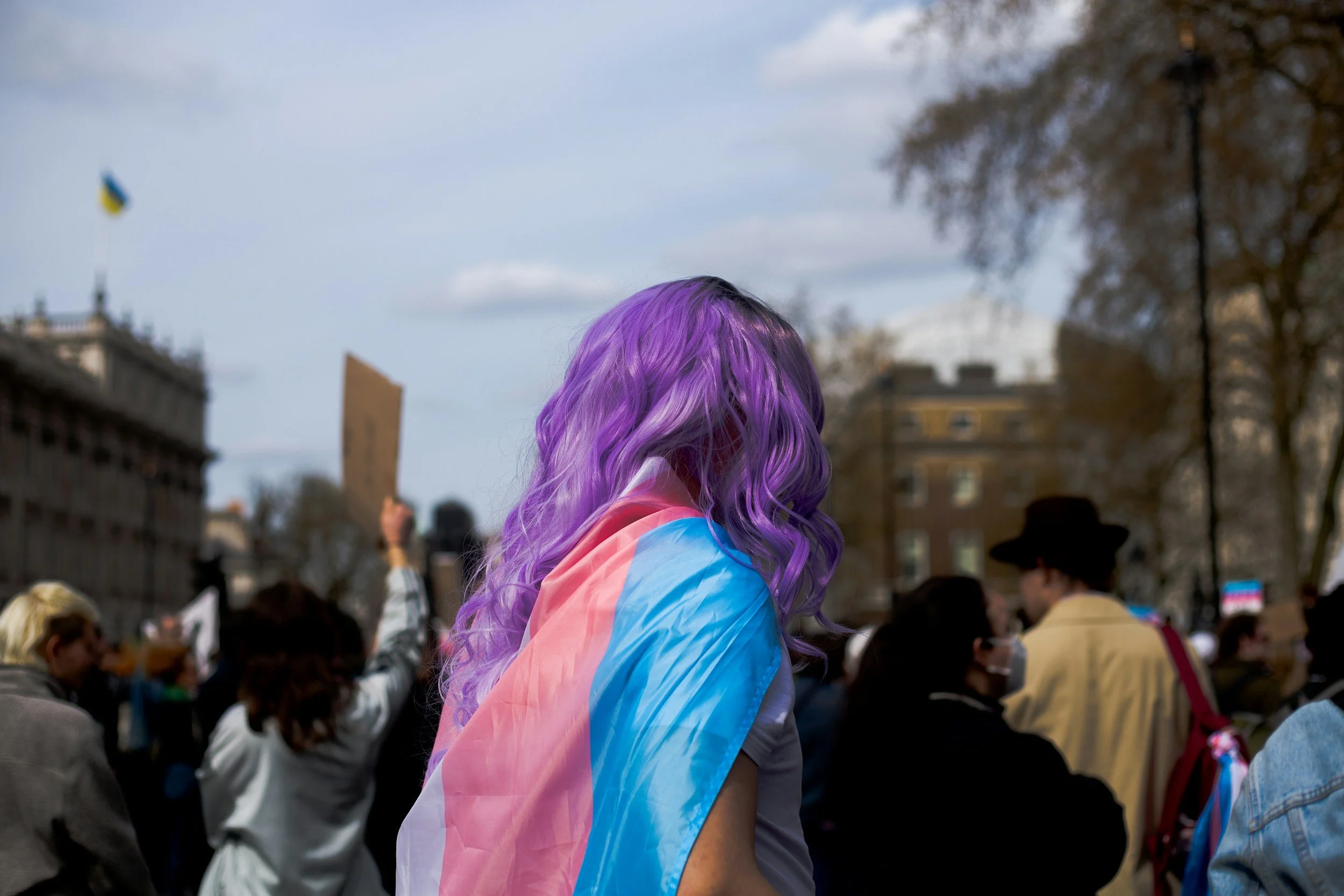Making Peace with Cute
“So dear, how did we get into this mess? Tripped over a rug? Bathtub fall?” Spoken with that cheery disengagement nurses reserve for those whose grey hair betrays their moldering minds.
Bustling round my bed, she calls from the bathroom.
“Managed a little poop yet, hon?
I bite my tongue until she swoops back into view.
“It was a bike accident. And no, no I haven’t. Working on it.”
I know. She’s only being kind, and I need her goodwill; I will never hobble to the commode without her.
*
When asked what distinguishes humans from hominids, Margaret Mead supposedly dismissed tools, cave art, and any of the usual suspects, proclaiming: “a skeleton with a healed femur fracture.” Because once injured so catastrophically, one cannot live to hunt or gather without the care and comfort of community. Leaving aside whether Mead actually said this (about which there is serious doubt) I quickly grasp its truth.
Generally risk averse, I have never broken even the tiniest bone in my body, let alone the longest and strongest of them all. Finding myself flat on my back in the road was a novel experience that took me on a whirlwind journey to the ER and on to the operating room, shrouded in a mist of opiates.
And now I am here, my bone knitted with titanium pins. Helpless.
*
And suddenly I learn that I’m not just a patient recovering from an accident. I am elderly. I am vulnerable. I will never be the same again. Uniformed helpers appear, bearing pamphlets and advice. They ask about stairs in my home, shaking their heads.
“You may want to think about moving; another fall could be disastrous at your age.”
“I came off my bike. I’m not yet 70, you know.”
Well, not for a couple of months. By which time I’ll surely be up and about.
I am not, of course. Bed to walker, walker to cane. Our stairs seem insurmountable – even if I struggle up, will I ever get down? I compulsively read about femur fracture recovery in the over-65s. I learn that a year out, most still report various degrees of pain. And 25 percent are dead. My caring family proves Mead’s (or whoever’s) words right.
*
I go faithfully to physical therapy, enduring both the exercises and the indifference of the therapists. The occasional patient is young – the college athlete working on her ACL repair, or the motorcyclist whose ankle snapped in a crash. The therapists’ eyes light up, as they jostle to work with people whose lives are ahead of them. They want them back on the track or the Harley, and they know it’s possible.
But most of us are uninspiring. The arthritic woman struggling from her walker to the table; the crooked man seeking just a little relief. Me. A few months in, still hurting, I whine to the therapist who drew the short straw that day.
“I just don’t feel I’m progressing as much as I’d like.”
“Oh, you’re doing fine. You have to remember – at your age ….”
*
Of course the journey into dotage didn’t start with the accident – it had been creeping up in incremental indignities. Some self-inflicted – the classic reflection in a store window, revealing an unfamiliar old lady. Medical professionals are particularly adept at signaling decrepitude. I recall a routine appointment not long after retirement, when I was asked to bring in a test result from another clinic.
“No problem – I uploaded it into the system this morning.”
“Well look at you! Quite the techie!”
I wanted to snippily remind the perky PA how recently I was teaching students her age, some of whom even needed occasional tech help. But I suppose it would be petty.
*
But the accident marks a particular moment of reckoning. Two days before I fell, I had returned from my sister’s funeral in Scotland. My younger sister, whose last touch I felt just weeks before the pandemic hit. Fit, vibrant, the center of a circle of friends. A woman who ran 10ks and climbed mountains. Who was no match for a sudden, virulent cancer. My journey across the Atlantic, negotiating Covid rules and mounting panic, was not fast enough to see her, leaving me bereft and contemplating mortality.
Now the fall and the mourning are inextricably entwined – a rupture of sorts. It’s over a year since the accident, and my surgeon assures me I am healed. I can walk well for a while, thanking the power of ibuprofen. But I still hurt.
This summer, gently hiking with old friends by the cool waters of Lake Michigan, we stop at a viewpoint and laughingly take selfies. A young woman sits nearby on a bench, looking at her phone and (apparently) at us.
“Would you like a photo of all of you?”
Happily, we line up and thank her.
As she walks away, she turns and smiles.
“I just have to say – you are all SO cute!”
I know she means well, but it’s a gut-punch all the same …
My husband and I both think of the great Leonard Cohen, and a riff he performed in his waning years. We start out “irresistible,” he deadpans. As the years pass, we become inarguably resistible, before becoming invisible, then repulsive (!), and finally “cute.” As one critic lamented, it is wrenching to imagine the “poet of brokenness, loss, redemption, vanity, sex, and violence,” ending his career as “cute.”
Age had been creeping up stealthily, and in the space between retirement and today, my life altered more abruptly, and I will never be quite the same again. No doubt more indignities are ahead, and that reflected, aging face will only grow more startling. But Cohen was nothing if not pragmatic. Getting older, he said, “is the only game in town” – if we are fortunate enough. And if an iconic poet can grit his teeth, embrace cuteness, and relish the game until the last hand is dealt, who am I to argue?
-Elizabeth Bird
A retired Professor of Anthropology, Elizabeth Bird has published seven books (most recently "Surviving Biafra: A Nigerwife's Story"), and now writes creative non-fiction. Her work appears in Under the Sun (winner, Readers' Choice Award 2022, and "notable" in Best American Essays 2022), Tangled Locks, Biostories, Streetlight, Dorothy Parker’s Ashes, Ariel’s Dream, The Guardian, Mutha Magazine, 3Elements Review, Heimat Review, and elsewhere. She placed third in the 2022 International Human Rights Art Festival's Creators of Justice Literary Awards. Her website is: www.lizbirdwrites.com.








